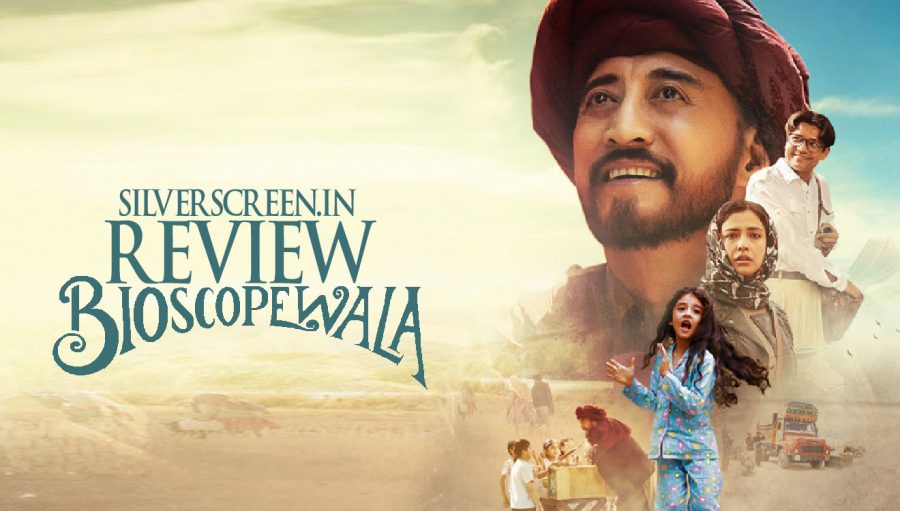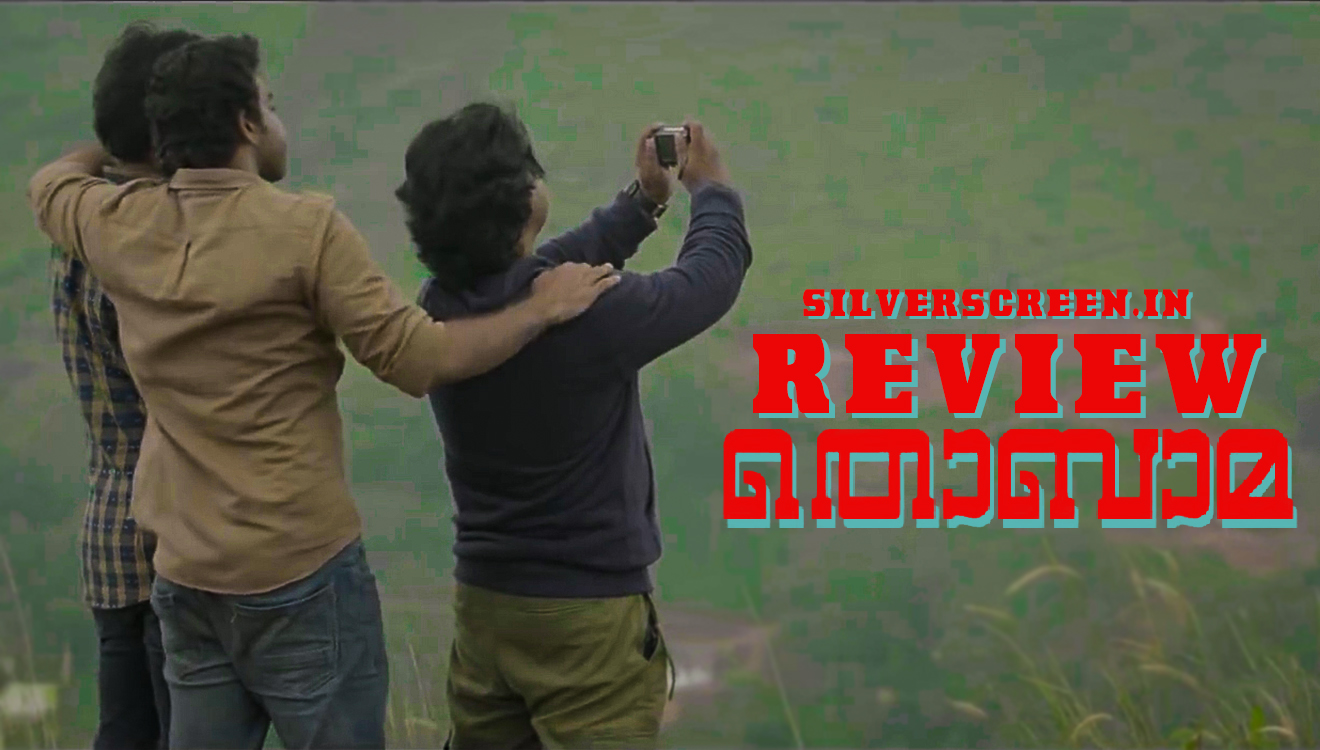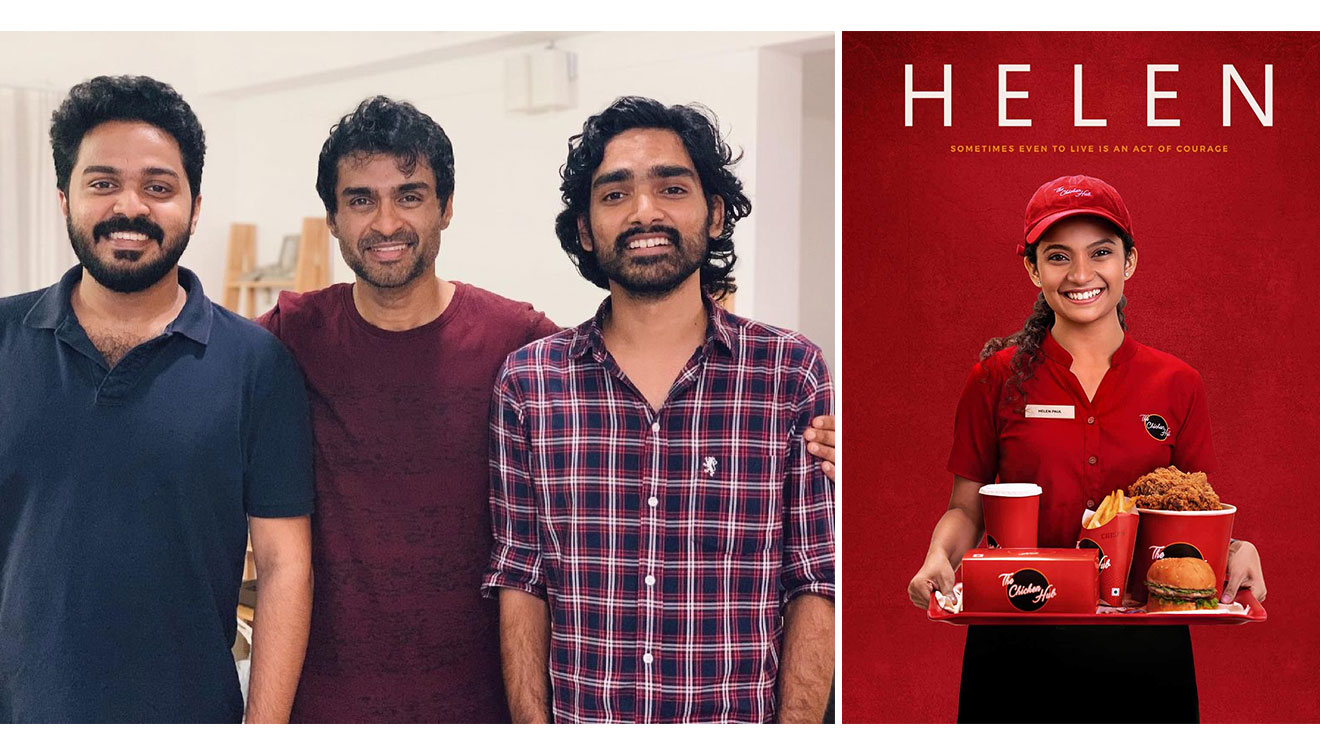Growing up in a Bengali household, it is impossible to be unaware of Rabindranath Tagore’s Kabuliwalaa. Not just the short story, even the 1957 Bengali film directed by Tapan Sinha, starring Chhabi Biswas as the eponymous Kabuliwala, is integrated in the cultural upbringing of any Bengali child. The story of an unusual friendship between a dry fruits seller far away from his home in Afghanistan and five-year-old Minnie is beautifully etched in the film.
Afghans started coming to Calcutta (now Kolkata) as early as the Anglo-Afghan wars in the 1839s. Despite the name of Kabuliwala, they were all not from Kabul. Trade opportunities opened up under the British Raj, which brought in more Afghans. After Partition, some managed to return home and those who couldn’t secure valid documents, stayed back and made Calcutta their home.
As the original story goes, Rehmat (Kabuliwala) and Minnie strike a friendship. He sees his little daughter, who he left behind in Afghanistan, in the precocious Minnie. Meanwhile, Rehmat gets sentenced to 10 years of rigorous imprisonment because of a crime of passion. Years later, he arrives at Minnie’s doorstep. But Minnie is grown up and ready to get married; she fails to recognise her Kabuliwala. Feeling sorry for the Afghan, Minnie’s father lends him some money for him to return to his daughter. This is the simple tale of a bittersweet friendship.
What Deb Medhekar’s Bioscopewala does is lend some existential angst to this story, which ends up with a muddled timescape, cocooned in nostalgia.
Here, Minnie’s (Geetanjali Thapa) estranged father dies in a plane crash. Now, it is up to her to figure out why was her father going to Kabul and why he was fighting for the custody of a senile Afghan convict. The story unfolds in the old, dingy bylanes of Kolkata and Sonagachi. The story flits between reality and a dreamscape, and characters enter and exit as Minnie tries to jog her suppressed memories.
As she finally recalls her Bioscopewala, who was the inspiration behind her learning filmmaking, Minnie realises that it is upto her to finish her father’s unfinished task of uniting the Bioscopewala with his family. Helping Rehmat also helps Minnie understand her dead father better.
Though the story of the Bioscopewala is the central narrative, Minnie’s strained relationship with her father forms another story arc, an aspect that unfortunately gets only passing treatment.
Danny Denzongpa is a delight as the effervescent and righteous Bioscopewala. It’s really a shame that we don’t get to see him more often on screen. His Bioscopewala gets a backstory of fleeing the Taliban regime. While in Tagore’s short story, Rehmat was a Pashtun, in Bioscopewala, he is from the oppressed Hazara community. It also explains Denzongpa’s casting as well. A little more history to flesh out this character would have made the narrative more nuanced, perhaps.
Moreover, when the characters break into Bengali, English and Hindi whenever they feel like, it gets jarring. A non-Bengali audience will miss the nuances while watching this film without subtitles. But, what works is Medhekar’s tribute to the old style of filmmaking and the art of storytelling, which toes the line between fact and fiction.
Recommended
The timeline of the film is heavily dependent on nostalgia. While it’s set in present-day Kolkata, the characters are oddly archaic. A father chooses to write a letter to his daughter, and long-forgotten files are kept to document the passing of history. Even the setting is in some forgotten parts of Kolkata. Moreover, the historical references are vague – some Hindu-Muslim riot, an off-hand mention of Naxals – and there is no timeline and context. Even when Minnie goes to Afghanistan in search of Rehmat’s family, it’s a nameless village where the visuals of the war-torn country feel like mere tokenism.
Tagore’s Kabuliwala never got a closure. It’s up to the readers to discern whether Rehmat was reunited with his daughter or not. The loose ends in Bioscopewala are eventually neatly tied up, but you end up wondering if the film is really the Bioscopewala’s story or Minnie’s story of adulting?
*****
The Bioscopewala review is a Silverscreen original article. It was not paid for or commissioned by anyone associated with the movie. Silverscreen.in and its writers do not have any commercial relationship with movies that are reviewed on the site.



